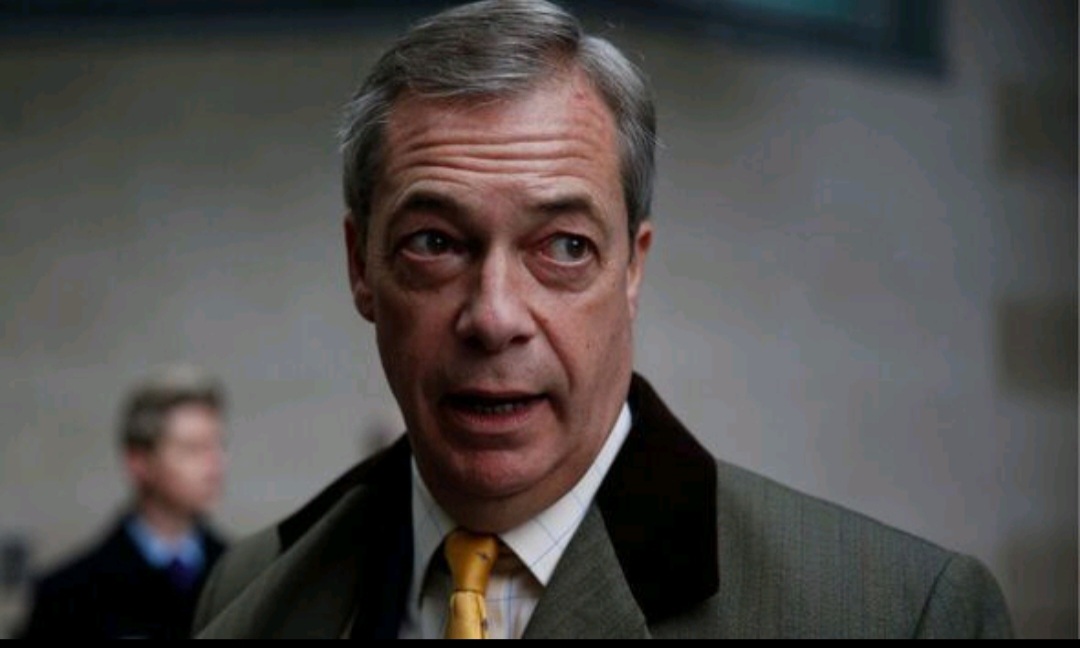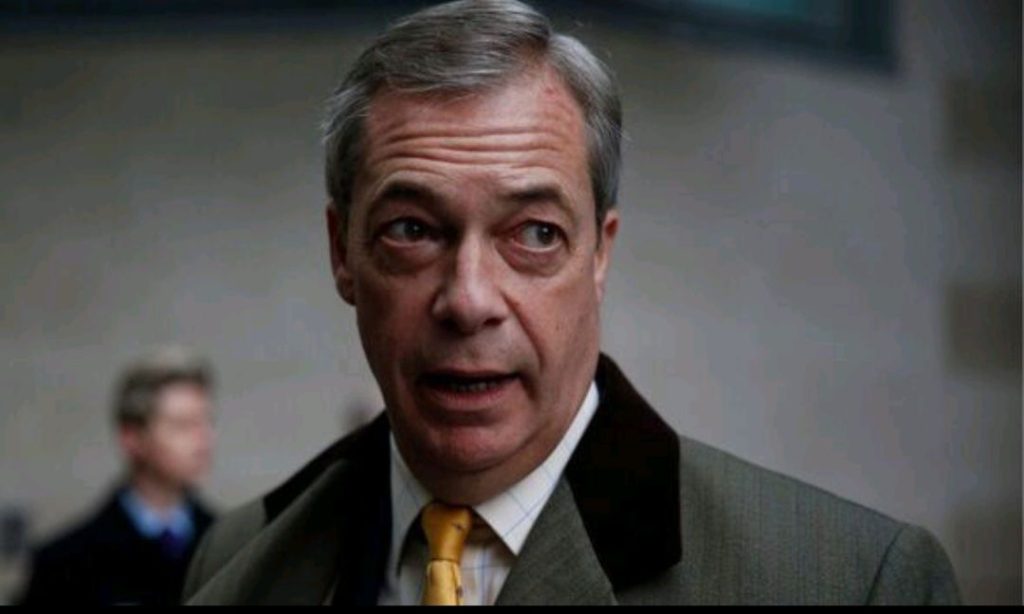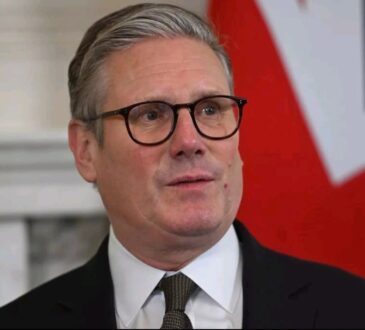
Nigel Farage’s recent condemnation of Glasgow University’s appointment of Dr. Ghassan Abu-Sittah as Rector has ignited a fiery debate concerning the perceived political biases within British universities. Dr. Abu-Sittah, a renowned Palestinian plastic surgeon, secured a significant victory in the election, capturing an impressive 80 percent of the vote.

His election was celebrated by pro-Palestinian advocates in the UK, with Dr. Abu-Sittah emphasizing his commitment to healing the wounds of Gaza in his acceptance speech. However, Farage, a prominent figure within Conservative circles, took to social media to express his dismay at the appointment, denouncing it as a “disturbing hard-left appointment” and labeling UK universities as a “disgrace.” His comments reflect broader concerns within conservative circles about what they perceive as left-wing bias permeating academia.
According to The Daily Express, Farage’s criticism has sparked a contentious debate over the role of universities in promoting diversity of thought and expression. While some individuals echoed his sentiments, expressing concern over the perceived political alignment of academic institutions, others pushed back against his characterization of Dr. Abu-Sittah’s appointment.
Critics of Farage accused him of engaging in “cancel culture” and stifling free speech by condemning the appointment based solely on political grounds. They argued that Dr. Abu-Sittah’s qualifications as a surgeon should be the primary consideration, rather than his political beliefs.
The controversy underscores the broader tensions surrounding academic freedom and the politicization of higher education. As universities increasingly become battlegrounds for ideological conflicts, the question of how to balance academic freedom with diverse viewpoints remains a pressing concern.
Dr. Abu-Sittah’s election as Rector of Glasgow University reflects a growing trend of individuals from diverse backgrounds assuming leadership positions in academia. While his appointment has sparked controversy, it also signals a commitment to inclusivity and representation within the university community.
Ultimately, the debate surrounding Dr. Abu-Sittah’s appointment highlights the challenges of navigating political differences within academic institutions and underscores the importance of fostering an environment that encourages open dialogue and respectful engagement across ideological divides.
Furthermore, it raises questions about the responsibilities of universities in shaping the intellectual landscape and promoting critical thinking among students. While academic institutions should strive to uphold principles of diversity and inclusivity, they must also ensure that a wide range of perspectives are represented and respected within their academic communities.
In response to the controversy, Glasgow University defended Dr. Abu-Sittah’s appointment, emphasizing its commitment to diversity and academic freedom. The university stated that Dr. Abu-Sittah’s election was conducted democratically, and his qualifications as a respected surgeon and alumnus of the institution were the primary factors considered.
Moving forward, the debate surrounding Dr. Abu-Sittah’s appointment serves as a reminder of the importance of upholding principles of academic freedom and intellectual diversity within higher education. As universities continue to grapple with political polarization and ideological conflicts, fostering an environment that encourages open discourse and respectful engagement remains essential to the pursuit of knowledge and understanding.




